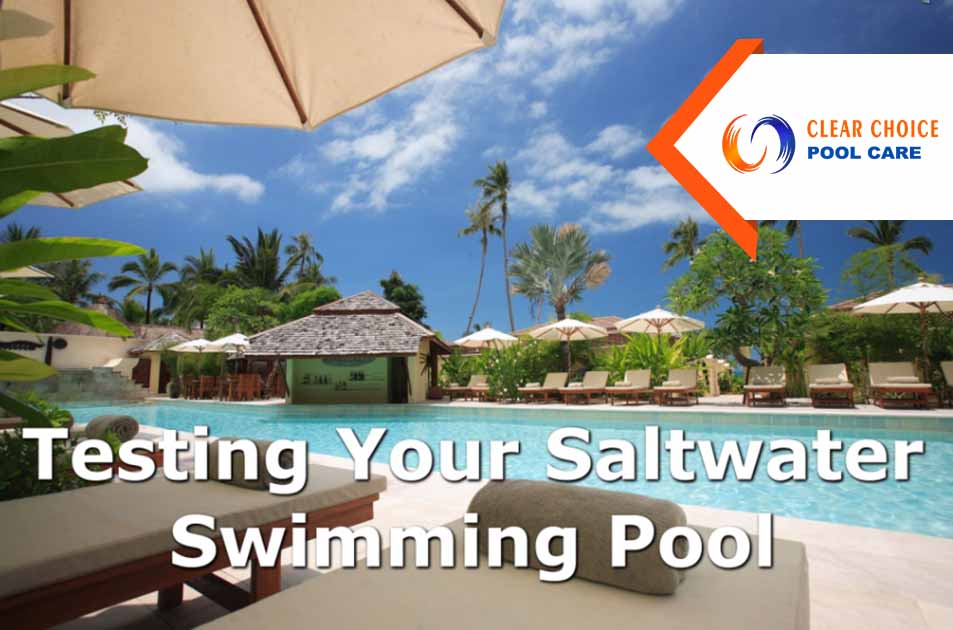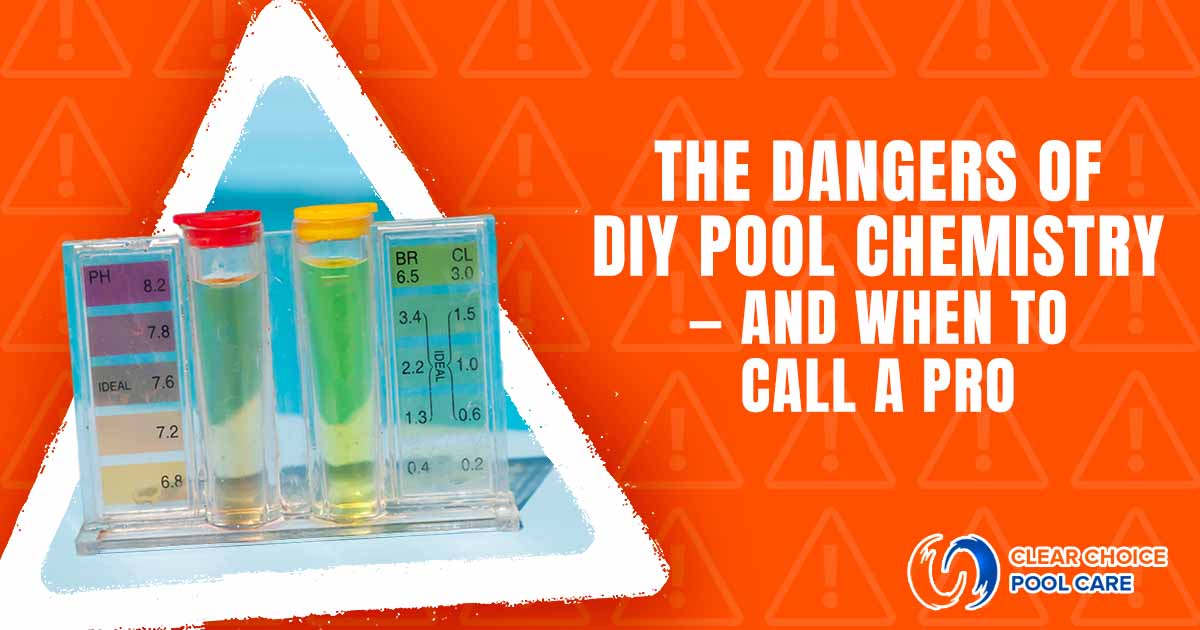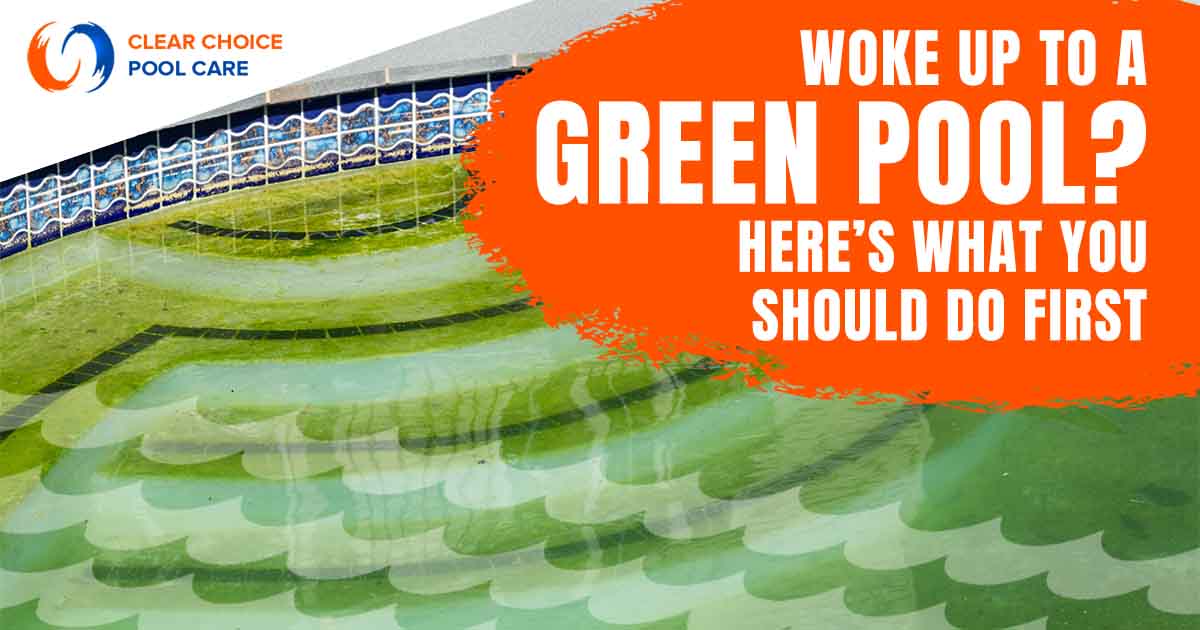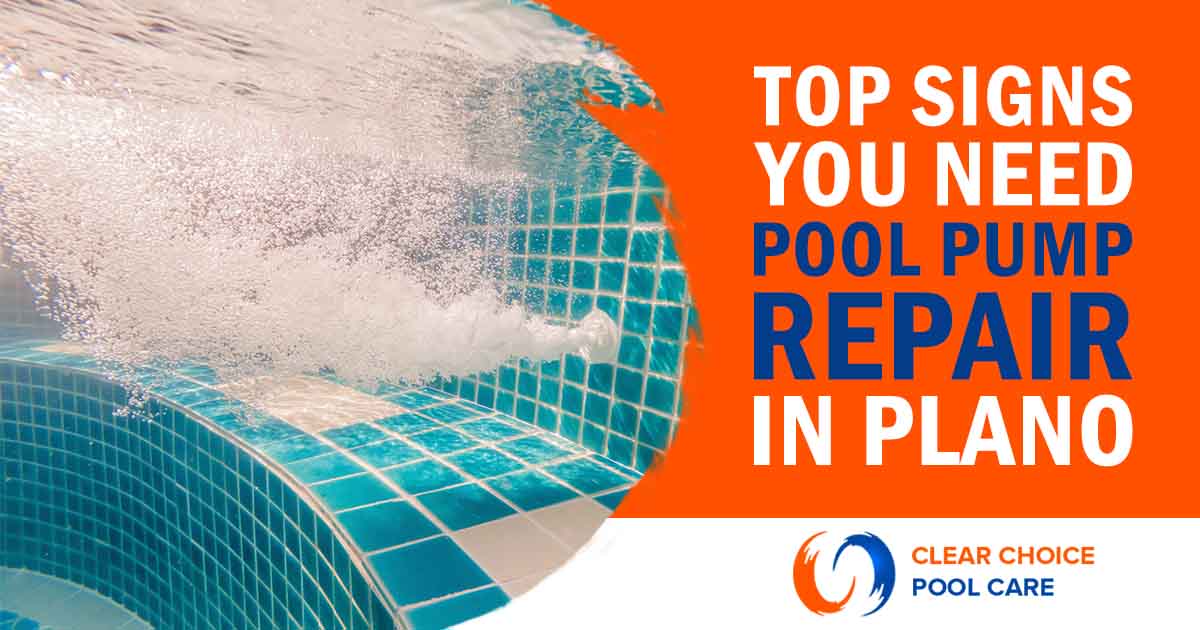Compared to traditional chlorinated pools, a saltwater swimming pool boasts many benefits. Everyone loves to take a nice dip in the sweltering summer, and saltwater swimming pools are some of the best types of pools to cool down. Among other things, saltwater swimming pools are generally safer than chlorine pools. Have you ever gone for a swim in a pool and came out itchy or with red eyes? That’s because of the chlorine in most pools that causes irritation. Long-term exposure to chlorine has actually been related to certain types of disease. Though saltwater swimming pools are better for both the skin and eyes, they do pose a set of unique challenges for maintenance compared to traditional chlorinated pools. However, with the right help and a little preparation, you could maintain your saltwater pool like a professional.
The Unique Needs of a Saltwater Swimming Pool
A saltwater swimming pool is less expensive to maintain than a chlorinated pool. However, they are much more difficult to keep clean throughout their use. Compared to chlorinated pools, saltwater swimming pools may have difficulty maintaining clean, fresh, and swimmable water without weekly maintenance. However, don’t fret! While a chlorinated pool can go much longer without care, saltwater swimming pools require less money to maintain. This is because saltwater pools don’t require as many of the harsh chemicals found in chlorinated pools. Maintaining the proper levels of pH in your saltwater pool will guarantee that it lasts for years to come without the need of major repair. Contrary to popular belief, saltwater pools do benefit from the use of chlorine. However, the use of chlorine is much less in a saltwater pool than in a traditional pool. The reason saltwater pools still utilize chlorine is because it’s a disinfectant. This allows the water to be more clean throughout the year compared with just saltwater alone.
What to Test for in Your Swimming Pool
Like traditional pools, a saltwater swimming pool needs to be closely maintained for the proper levels of pH. The level of pH of a pool’s water can tell you a lot about your pool. The pH of a saltwater pool should lie somewhere between 7.2 and 7.6. Typically, chlorinated pools can only have a pH as low as 7.4. This is due to the increased chlorine content of the pool that makes the water more basic and harsh to the skin. As mentioned above, saltwater swimming pools do utilize a bit of chlorine, and they must be tested as well. Compared to traditional pool, which have a chlorine level of around 4 parts per million, saltwater pools can have a chlorine level of only 1 part per million. Though it’s recommended to keep the chlorine levels of a saltwater pool closer to 2 parts per million if possible. What makes saltwater swimming pools unique is that the owner of one will also need to test for salt levels, alkalinity, stabilizer, and calcium. Each saltwater pool will need different levels for these, and it’s best to check your saltwater pool’s owner’s manual to find the ideal levels.
How to Test Levels in Your Pool
If you have converted your pool from a chlorinated pool, to a saltwater swimming pool you most likely know the process for testing the levels of your water’s pH. However, for a saltwater swimming pool, you will need to test pH every week to maintain proper levels. Luckily, testing pH is as simple as sticking a litmus strip into your pool’s water. As well as pH levels, you will need to test chlorine levels weekly. Chlorine can be tested by using a chlorine test kit and only takes a few minutes. For monthly testing, you will need to test salt, alkalinity, stabilizer, and calcium levels. These levels are commonly tested using strips of paper, however, there are dropper tests also available on the market.
How to Adjust Saltwater Pool Levels
Now that you know how to test the levels of various substances in your saltwater swimming pool, it’s time to make the proper adjustments. The pH levels are simple to adjust, and you can find chemicals on the market to either bring your swimming pool’s pH up or bring it down. Most products advertised to lower pH use muriatic acid, and products that raise pH typically utilize either sodium bicarbonate or soda ash. Your chlorine levels can be adjusted by changing the setting on your pool’s output box. If chlorine levels are too low, simply turn the output up a little, and if they are too high, turn the output up a little. Make sure to test for chlorine levels the following day to see if your adjustments affected the water in the way you wanted them to. Finally, you can adjust salt, alkalinity, stabilizer, and calcium levels. To adjust salt levels, your salt chlorinator can be adjusted to either add more or less salt into the water. For the other levels, there are kits available to raise or lower their levels.
Pump, Filter, and Salt Chlorinator Testing for Saltwater Pools
Besides water levels, a saltwater swimming pool needs constant upkeep for the pump, filter, and salt chlorinator. These pieces of the pool make sure the water stays clean and maintains the correct levels of salt and chlorine. A clogged salt chlorinator has the potential to ruin other machinery related to your pool like its filtering system and water pump. Having a weekly inspection of these components is vital to the longevity of them. Unfortunately, these components can be hard to reach and even dangerous to touch without the proper knowledge. Though they may be dangerous to touch, Clear Choice Pool Care can help you do it! We can inspect your pool weekly so that you can avoid potentially dangerous situations. We also offer other pool related services including pool repair, pool remodeling, and pool resurfacing! Plus, we promise we’ll help you with any of your pool related needs.





